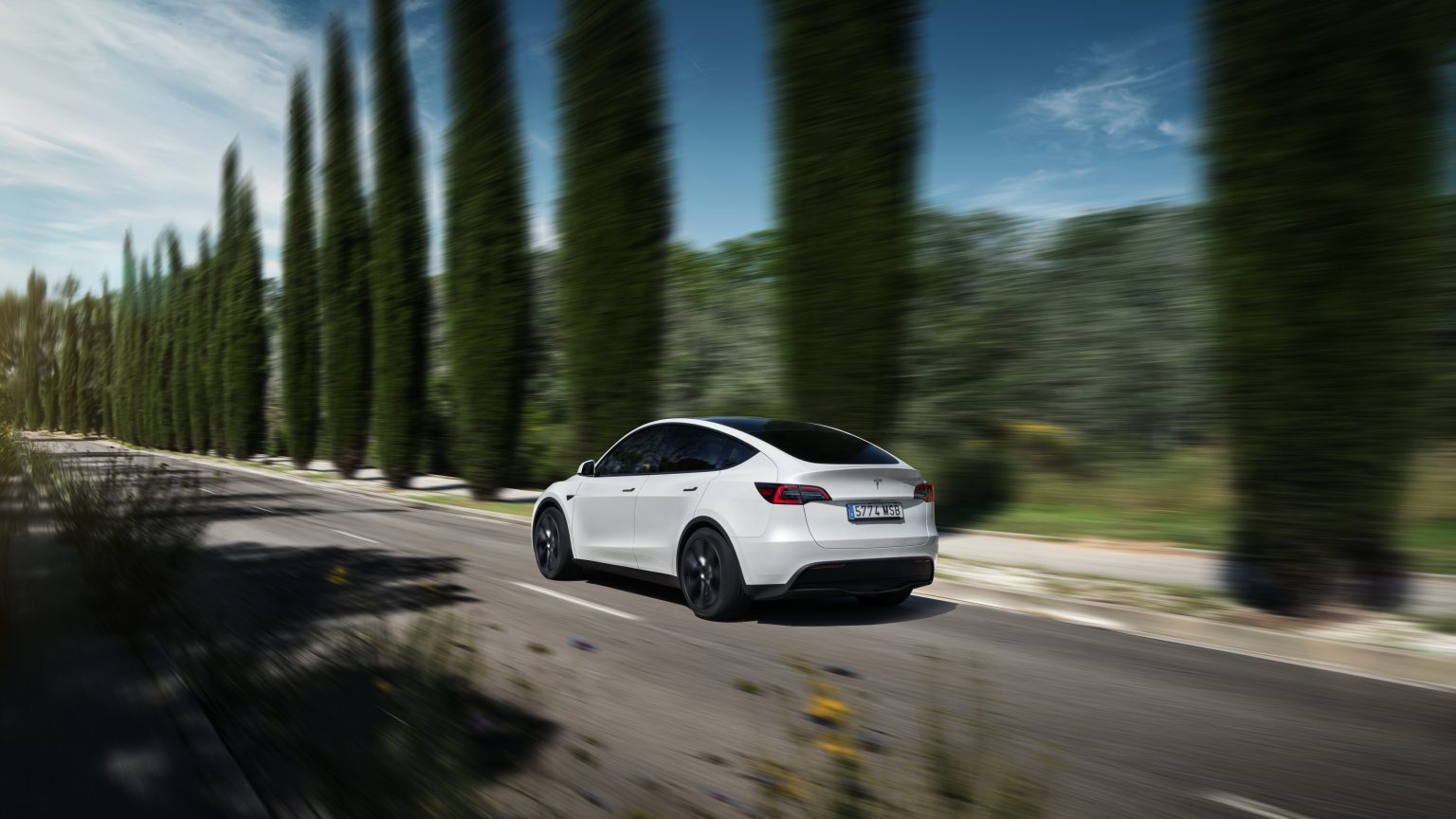When thinking about luxury cars, brands like Mercedes-Benz, BMW, and Audi often come to mind. However, Tesla, with its electric vehicles (EVs) that combine cutting-edge technology, sleek designs, and high performance, has entered the conversation. But does Tesla truly qualify as a luxury car brand, or does it occupy a unique niche in the automotive market?
Defining Luxury Cars
Luxury cars are typically defined by their superior quality, advanced features, comfort, and exclusivity. These vehicles often showcase premium materials, state-of-the-art technology, and exceptional performance, while commanding a higher price point than standard vehicles.
Tesla’s Case for Luxury
Tesla ticks many boxes in the traditional luxury car category:
- Cutting-Edge Technology: Tesla vehicles are equipped with industry-leading technology, such as Autopilot, over-the-air software updates, and large touchscreen displays. These innovations often outpace those found in traditional luxury vehicles.
- Performance: Tesla’s electric motors deliver impressive acceleration and speed. The Model S Plaid, for instance, boasts a 0-60 mph time of under 2 seconds, rivaling the performance of high-end sports cars.
- Design: Tesla’s minimalist interiors and sleek exteriors exude modern sophistication. The brand’s commitment to simplicity and functionality is reflected in every detail.
- Price Point: Tesla’s vehicles, such as the Model S and Model X, fall within the price range of luxury cars. Even the more affordable Model 3 and Model Y offer premium features and start at prices comparable to entry-level luxury vehicles.
Where Tesla Differentiates
While Tesla shares characteristics with luxury brands, it diverges in several key ways:
- Sustainability Focus: Unlike traditional luxury cars, Tesla prioritizes sustainability, making EVs that aim to reduce carbon emissions. This commitment appeals to environmentally conscious buyers, a demographic not traditionally targeted by luxury automakers.
- Accessibility: Tesla has made strides to make EVs more accessible with models like the Model 3 and Model Y, broadening its appeal beyond the typical luxury car market.
- User Experience: Tesla places a strong emphasis on software-driven experiences, such as seamless integration with smartphones, Tesla apps, and entertainment features like built-in games and streaming services. These innovations set it apart from conventional luxury brands.
Challenges to the Luxury Label
Critics argue that Tesla’s interiors lack the opulence found in traditional luxury cars. While its minimalist design is appealing to some, others miss the rich leather upholstery, wood trims, and attention to tactile details that brands like Bentley or Mercedes-Benz provide.
Additionally, Tesla’s rapid production scaling has sometimes resulted in inconsistencies in build quality, which can undermine its luxury appeal.
Tesla: A New Definition of Luxury
Tesla is redefining what it means to be a luxury car. Instead of relying solely on traditional markers like plush interiors and exclusive branding, Tesla emphasizes innovation, sustainability, and performance. This approach aligns with the values of a modern, tech-savvy consumer base that prioritizes experience and environmental impact over traditional notions of luxury.
So, is Tesla a luxury car?
The answer depends on how one defines luxury. If luxury means cutting-edge technology, outstanding performance, and a commitment to sustainability, Tesla fits the bill. However, for those who equate luxury with traditional opulence and exclusivity, Tesla might not fully meet the criteria. Ultimately, Tesla occupies a unique position—blending elements of luxury with forward-thinking innovation, carving out a new category in the automotive industry.
